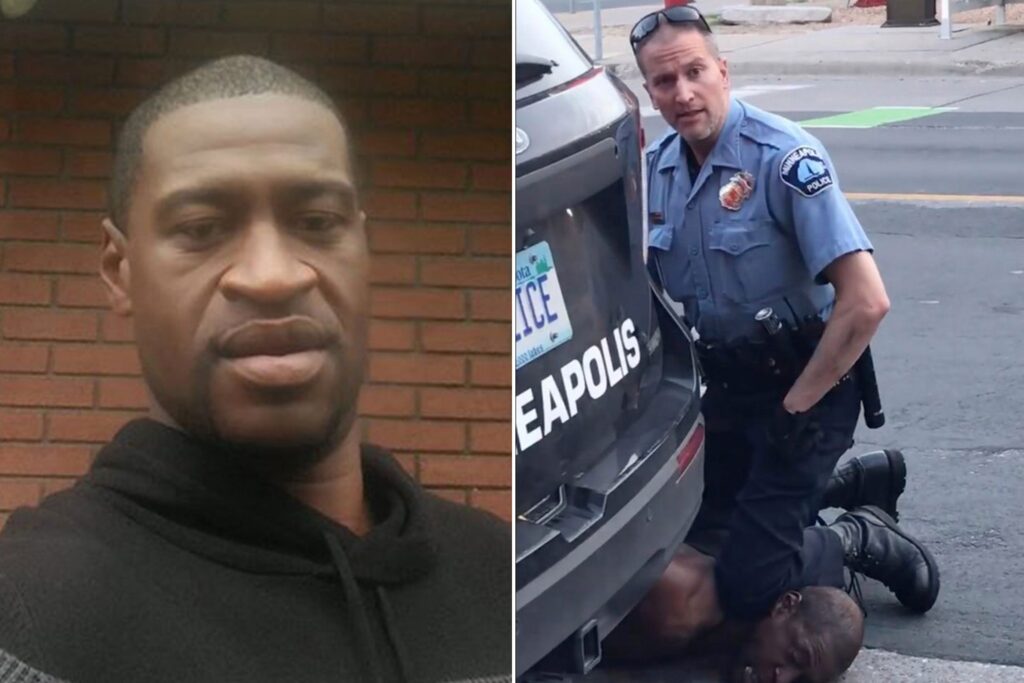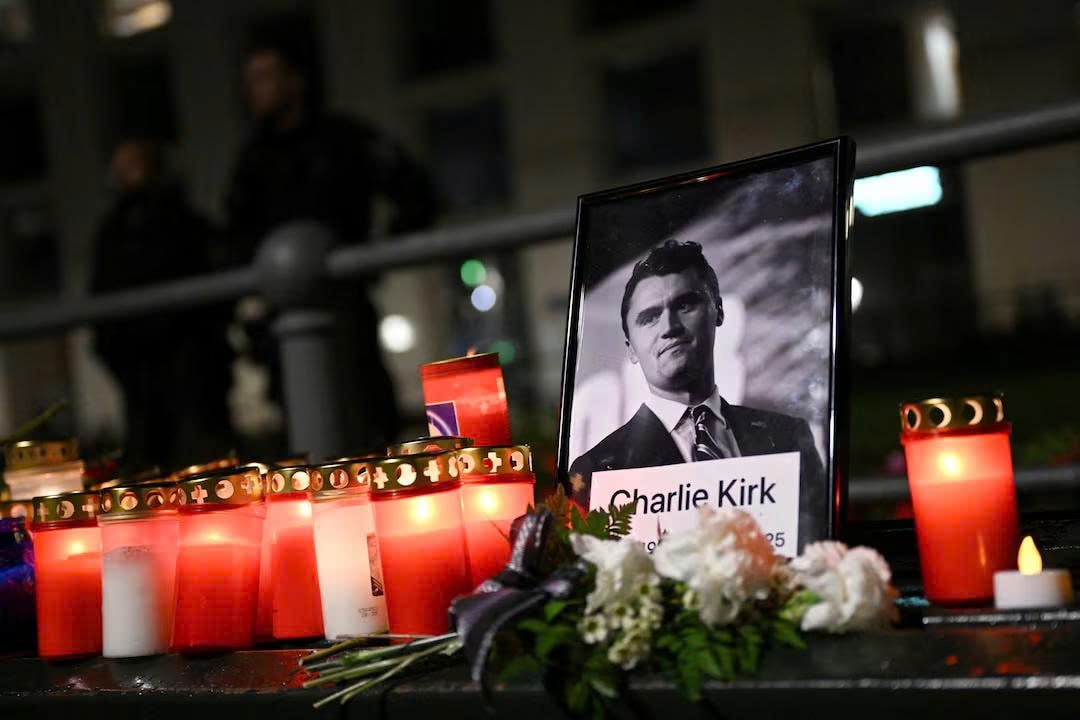Every so often, history throws us a coincidence so curious that it almost feels scripted. October 14 is one of those dates. On that day in 1973, George Floyd was born in Fayetteville, North Carolina — a man whose name would one day echo across the world as a symbol of justice, protest, and pain. Exactly twenty years later, on October 14, 1993, Charlie Kirk was born in Arlington Heights, Illinois — a man who would rise to become one of America’s most prominent conservative voices, often speaking out against the very movements that Floyd’s death helped inspire.
Two men, two vastly different paths — bound by a single day on the calendar.
George Floyd’s life was marked by struggle and resilience. Raised in Houston’s Third Ward, he was known in his community as a gentle giant — a man who faced hardship but tried to rebuild his life. When he died in May 2020 under the knee of a Minneapolis police officer, the world erupted. His final words, “I can’t breathe,” became a rallying cry for millions. Streets across continents filled with people demanding accountability and racial equality. Floyd’s image appeared on murals, posters, and even political stages. His name became more than a man’s — it became a movement.
Charlie Kirk’s journey, meanwhile, unfolded in a sharply contrasting world. A self-made activist, he founded Turning Point USA at just 18, creating a platform that would energize young conservatives and champion ideals of free speech, capitalism, and American exceptionalism. Kirk became a fixture in political commentary, frequently defending law enforcement and criticizing what he viewed as the excesses of social justice activism. To his supporters, he’s a bold truth-teller challenging liberal narratives; to his critics, he’s a polarizing provocateur.
And yet, both men — in entirely different ways — became defining figures of their generation’s American story.
That they share the same birthday feels more than coincidental. It feels symbolic. October 14 stands as a reminder that two lives, separated by ideology, race, and experience, can nonetheless shape the same nation’s moral and political landscape. Floyd’s name is spoken in the context of pain and reform; Kirk’s, in the context of debate and resistance. Both, however, spark conversation — and change — in their own right.
Perhaps this is what makes the coincidence so compelling. It isn’t about fate or destiny, but about the strange symmetry of history — how it binds together the unlikeliest of people, creating moments that make us stop and reflect.
As October 14 comes around each year, some might remember it as Charlie Kirk’s birthday, celebrating his growing influence in conservative politics. Others may remember George Floyd, whose life and death transformed the way the world speaks about justice. Together, their shared date becomes a mirror of America itself — divided yet interconnected, conflicted yet hopeful,
In the end, it’s a quiet reminder that coincidence can sometimes reveal more than chance. It can expose the threads that link us all — across years, across ideologies, and across the vast, complicated story that is America.
Leave a Reply